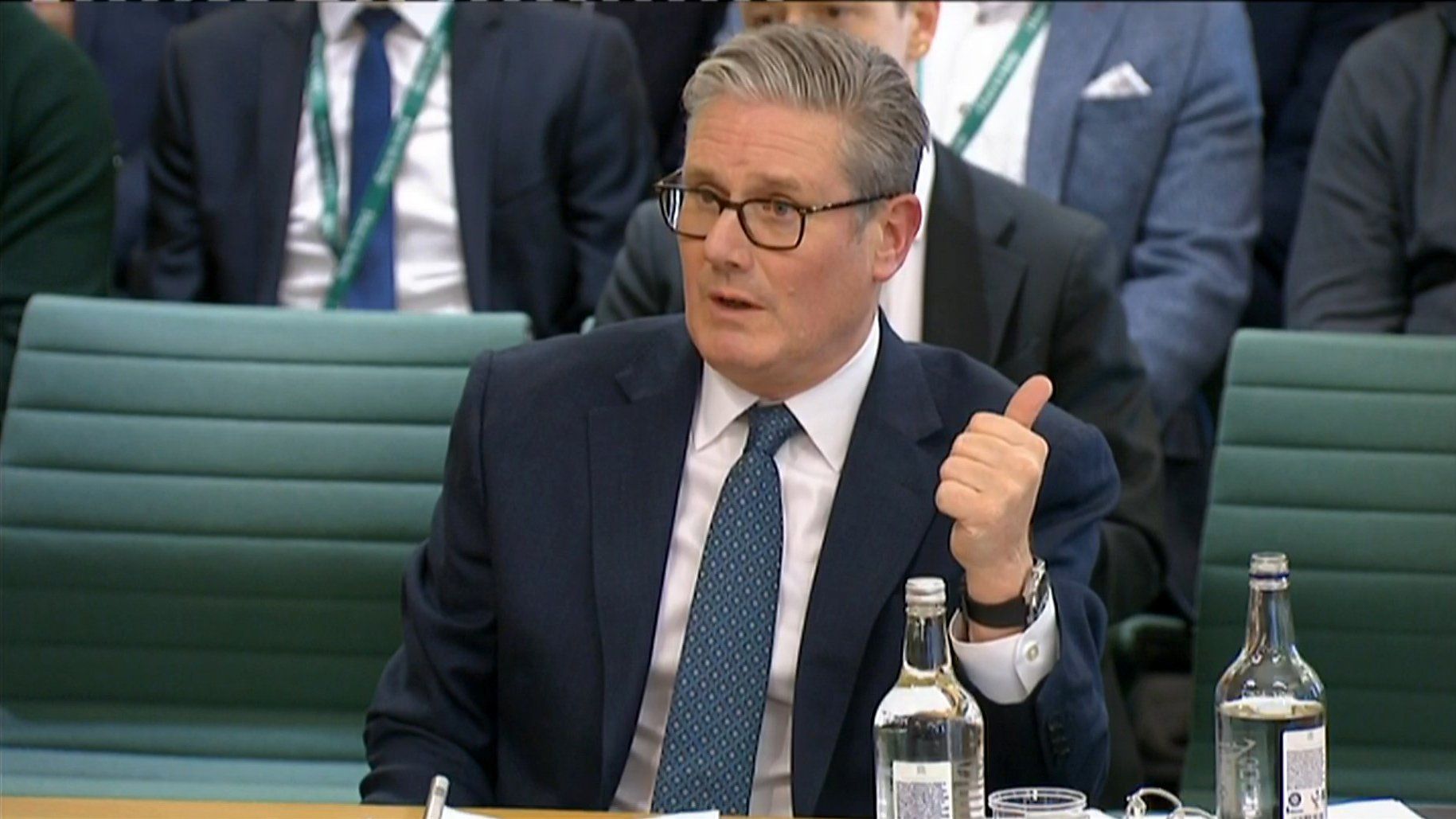The news comes on the heels of a report from the Interior Ministry showing that the number of illegal crossings of the English Channel rose 25% in 2024 compared to 2023 (although still considerably below the peak in 2022). Sadly, it was also the deadliest year for migrants attempting to land in the UK, with at least 76 deaths.
A recent YouGov poll shows that immigration is tied with the economy as the issue British voters say the government is handling most poorly, with 71% ranking each “fairly badly” or “very badly,” putting pressure on Prime Minister Keir Starmer. The PM canceled an admittedly rather quixotic Tory scheme to send migrants to Rwanda while their cases are processed but has struggled to replace the policy with his own plans to get tougher. That’s exposed Starmer to attacks from the far-right Reform UK party, and the government is eager to show progress.
We’re watching whether the communications disruptions ameliorate the problem, and how migration continues to reinforce right-wing parties in Europe.
